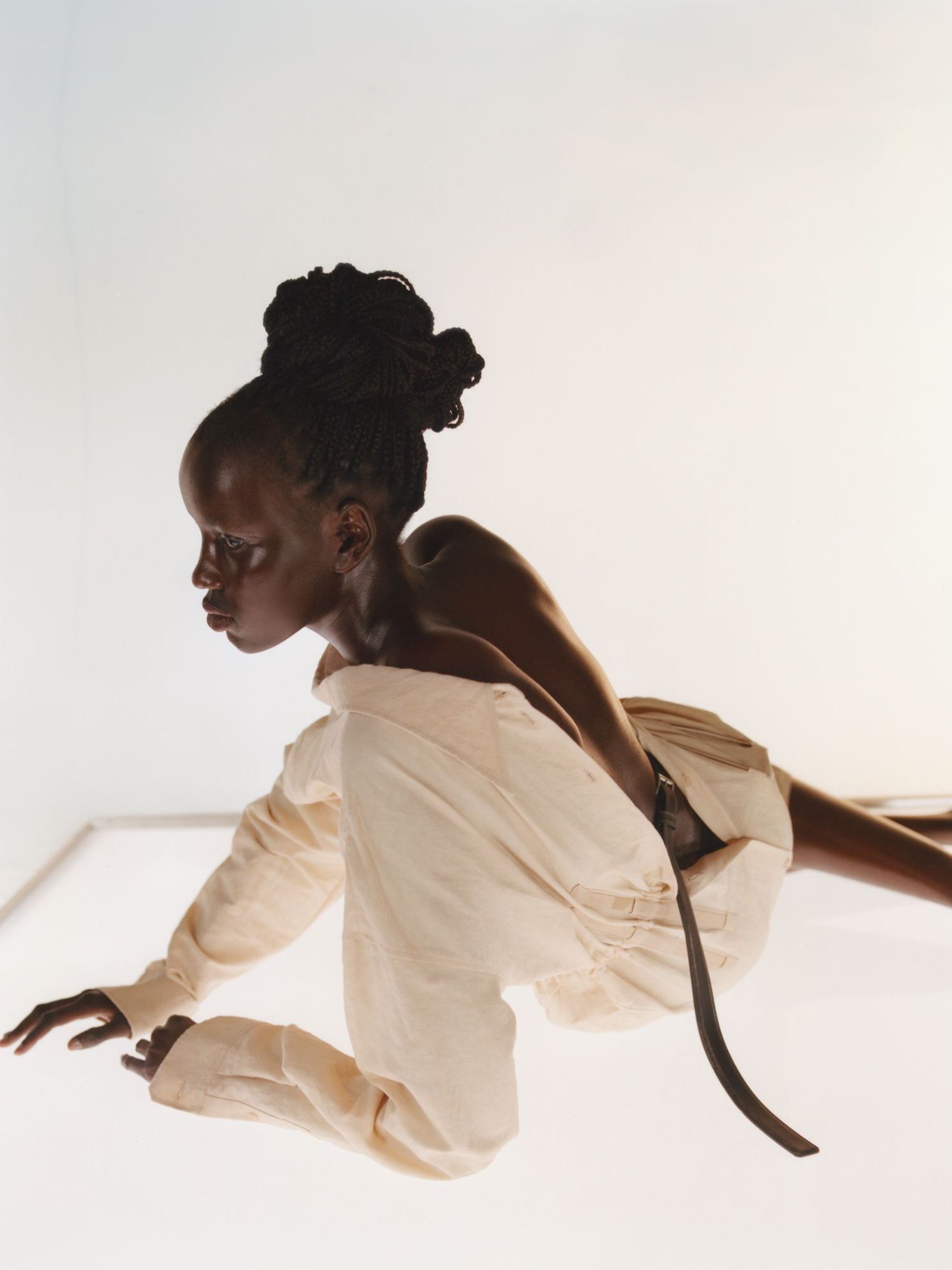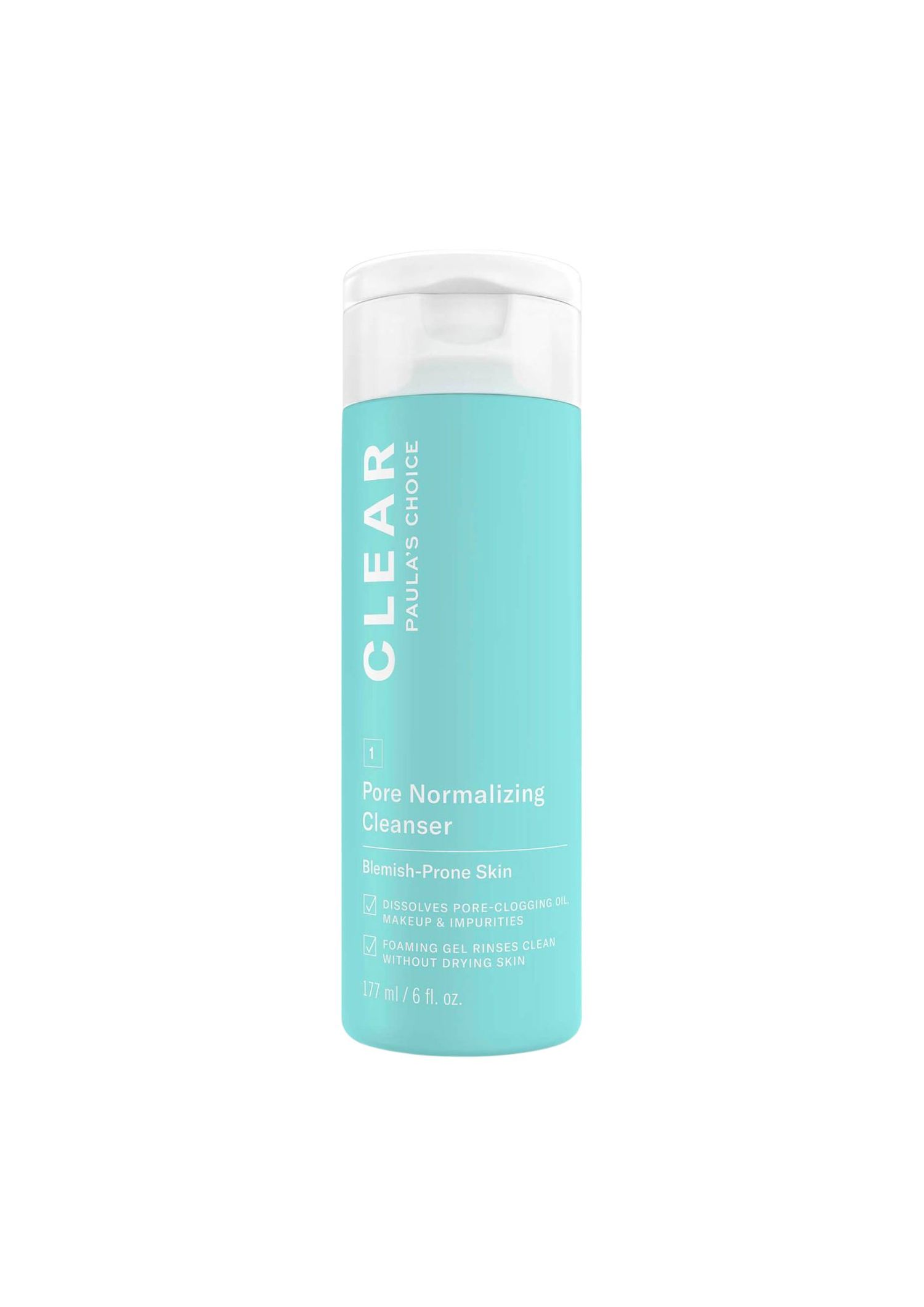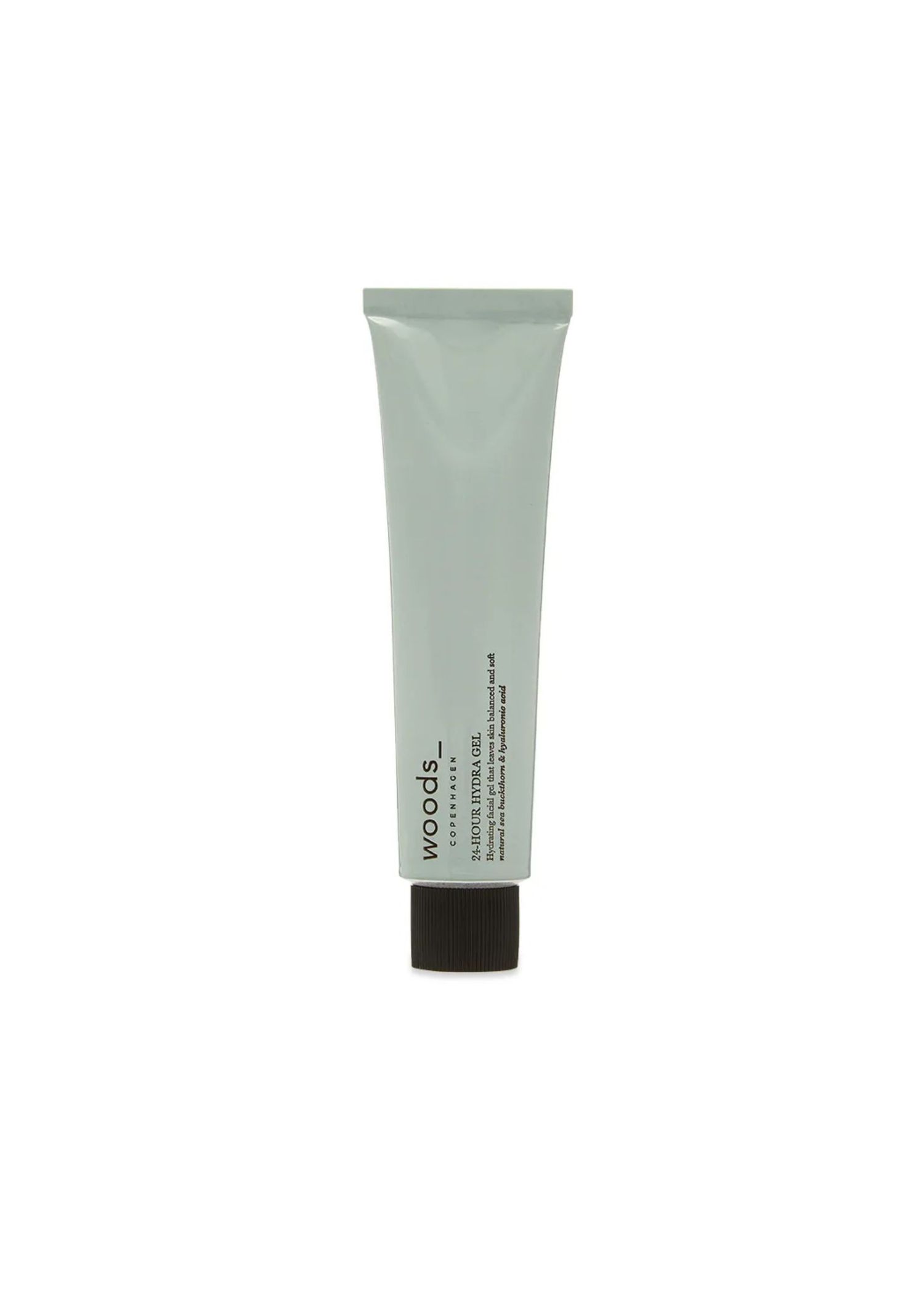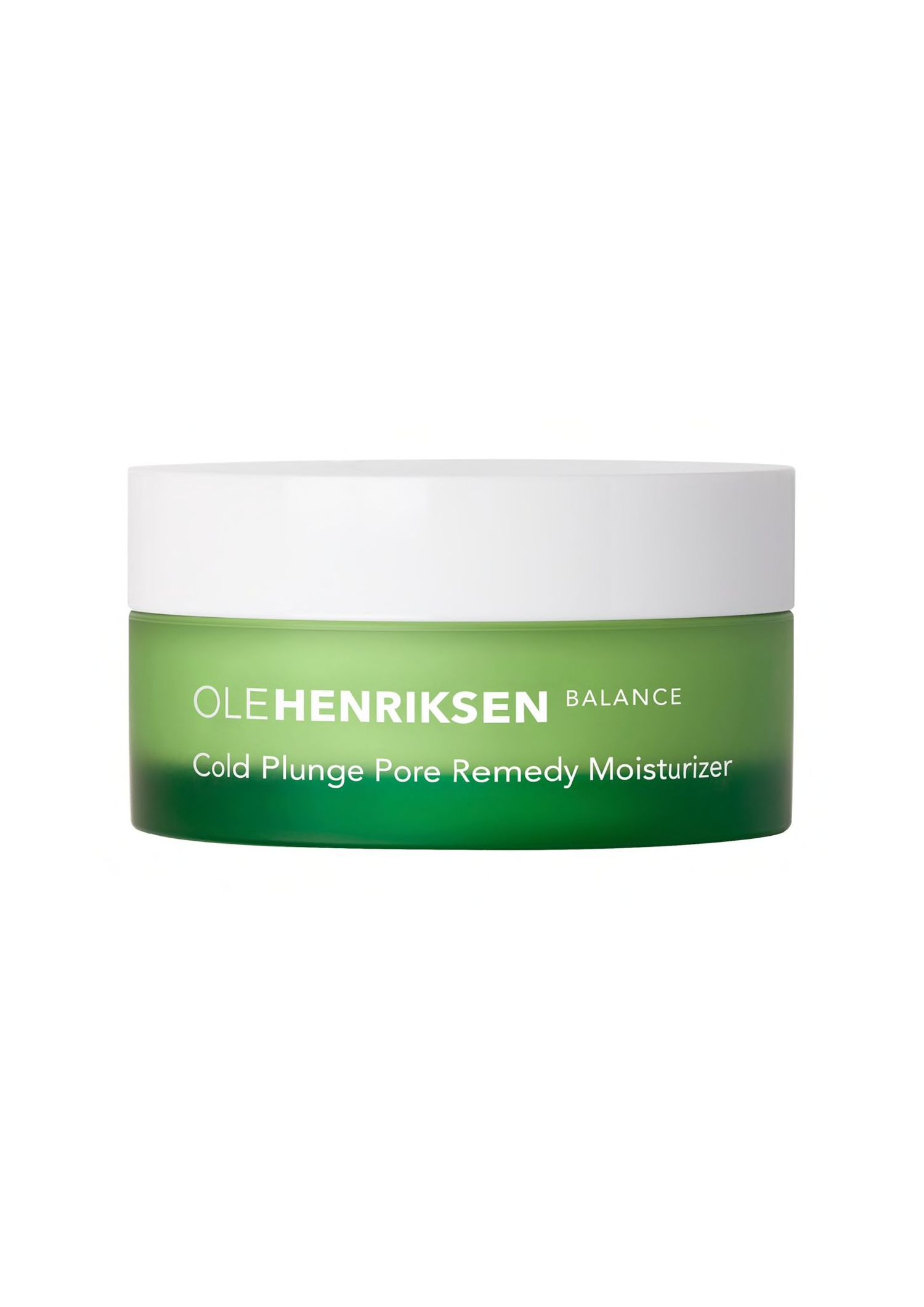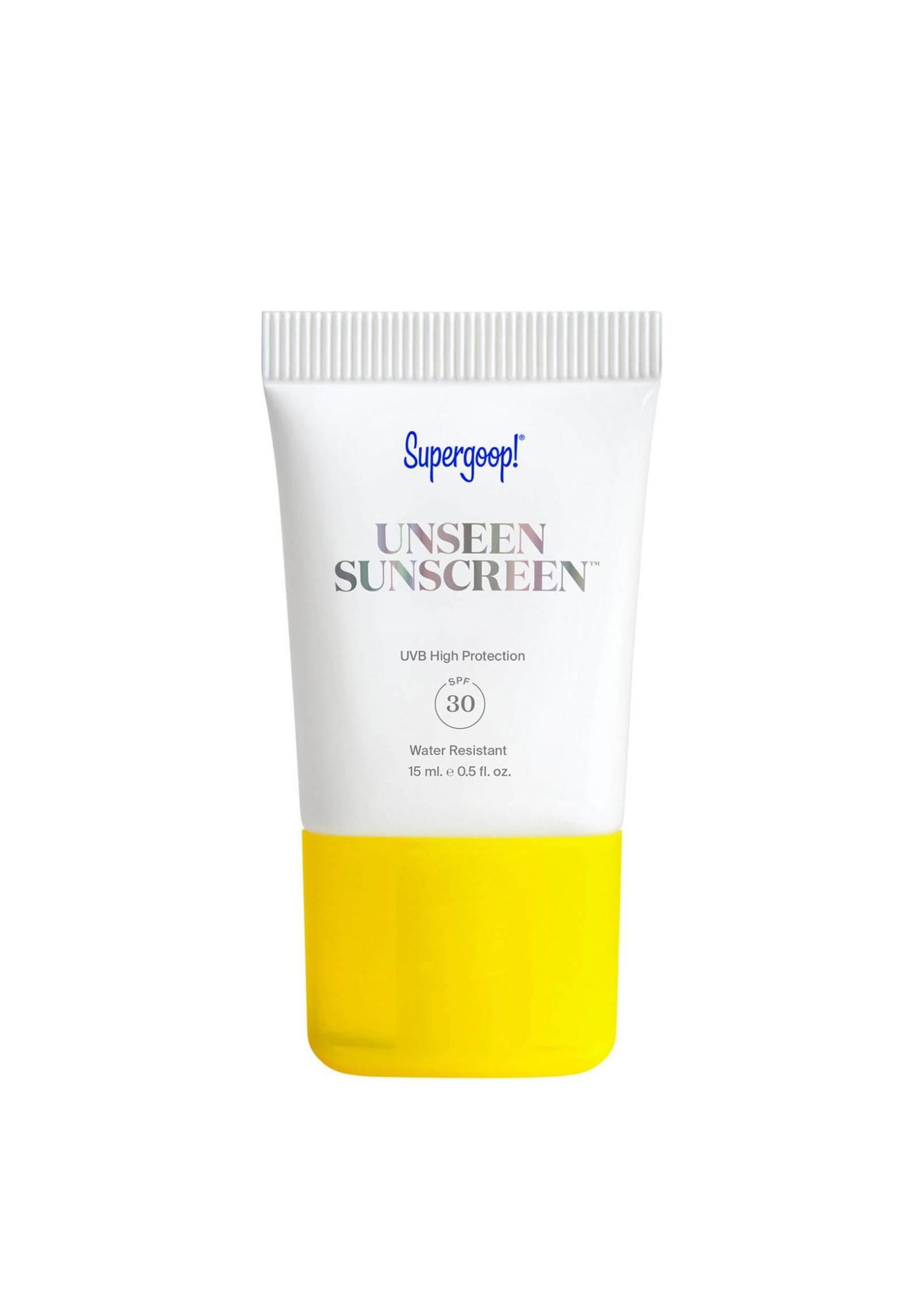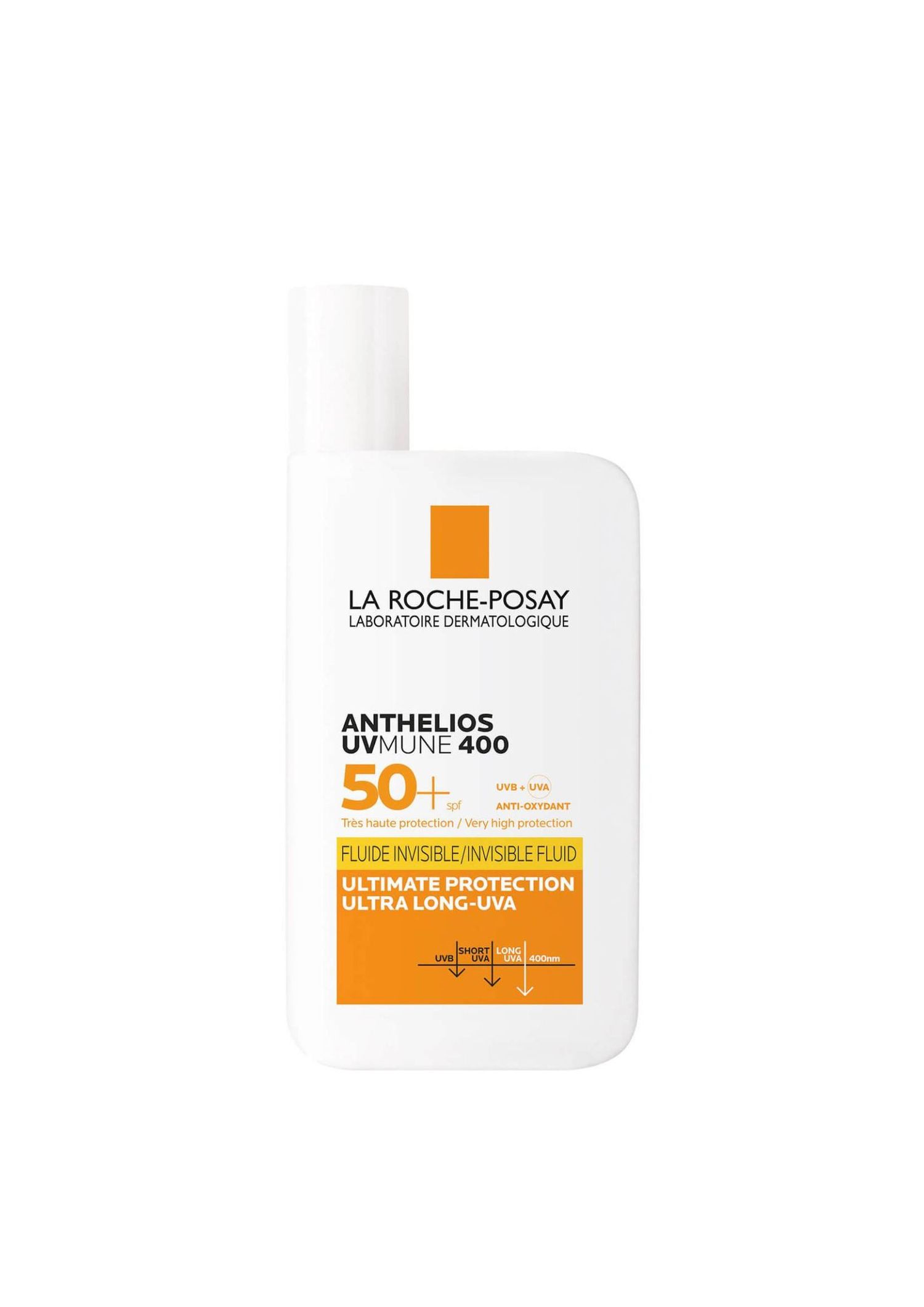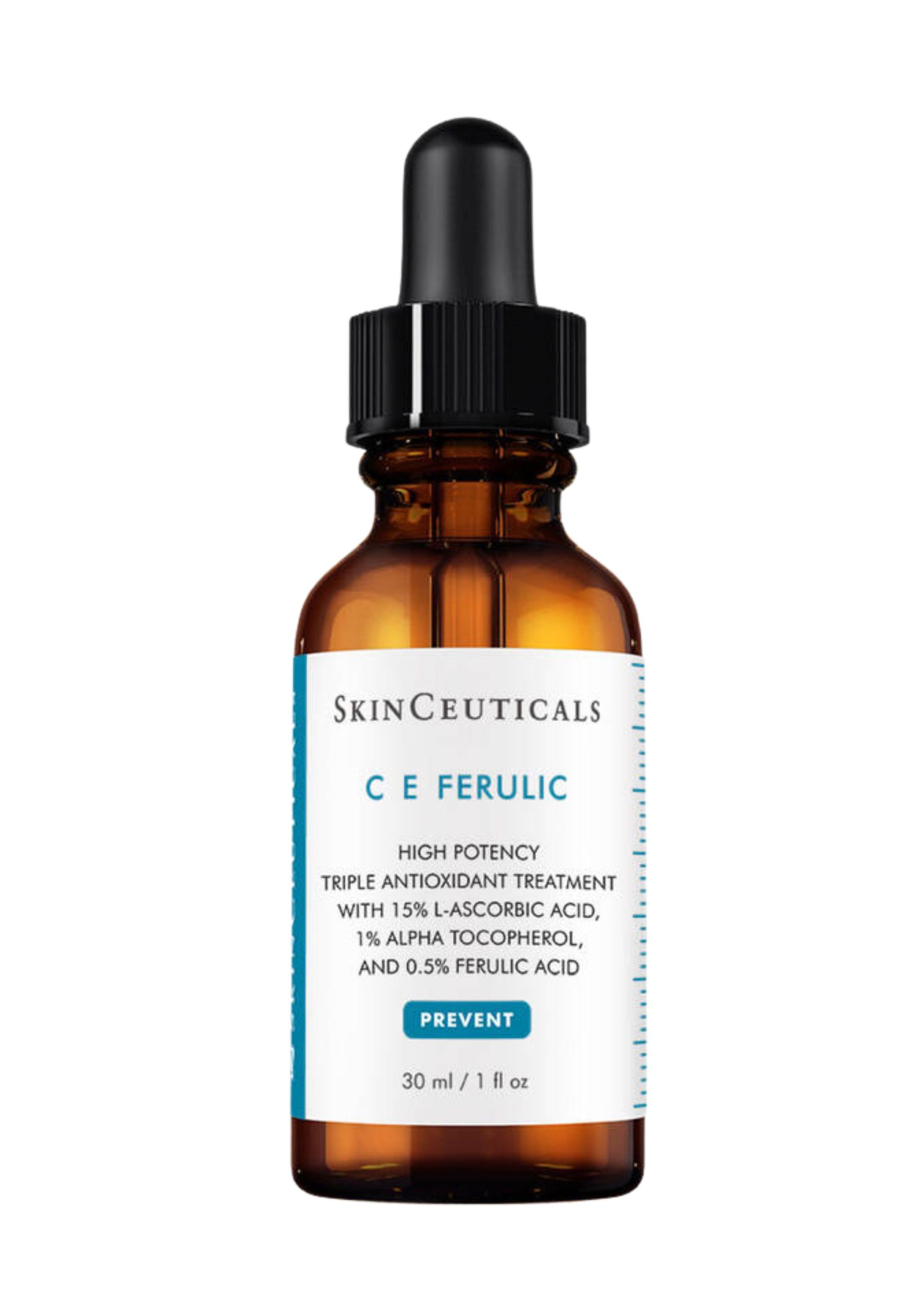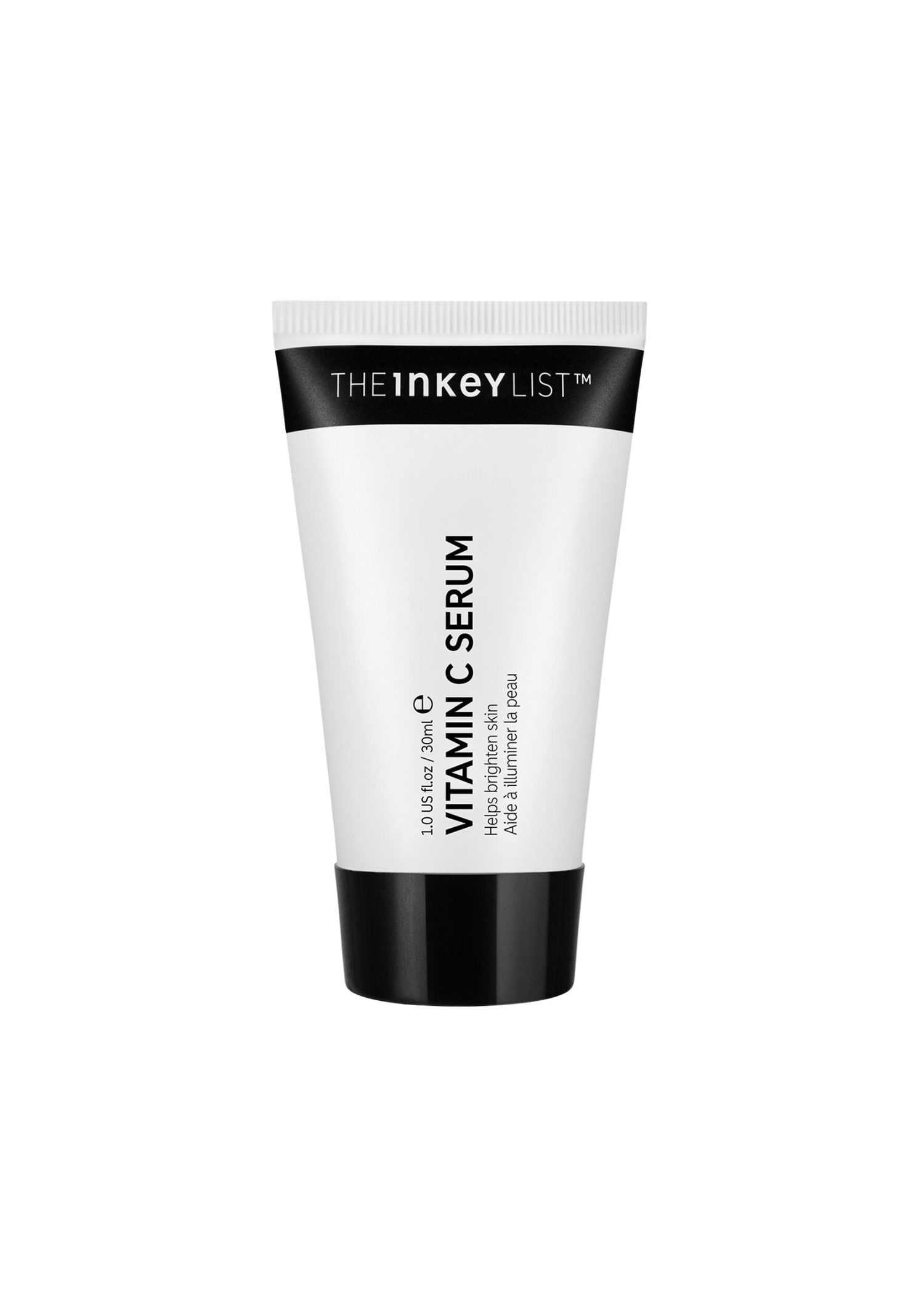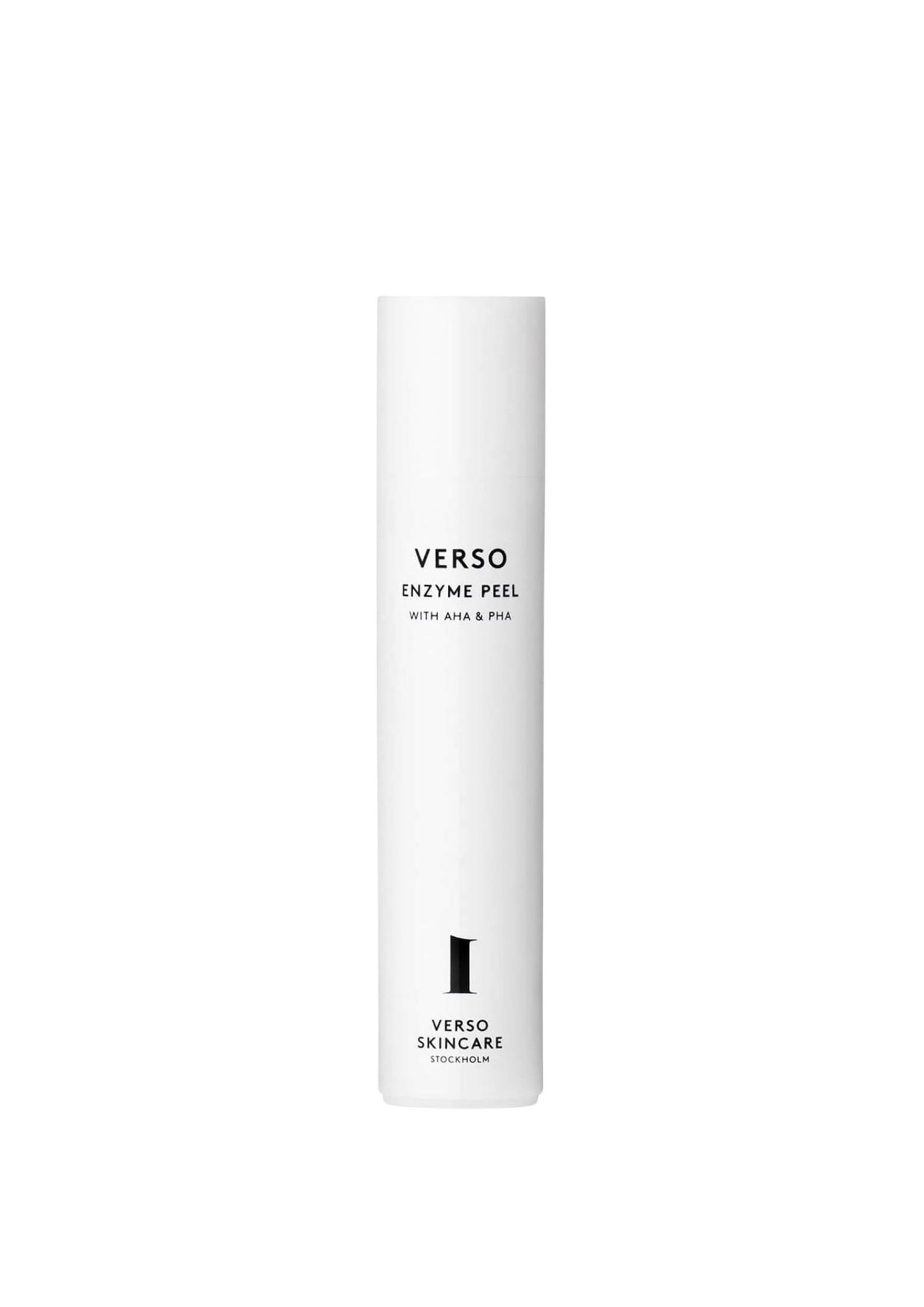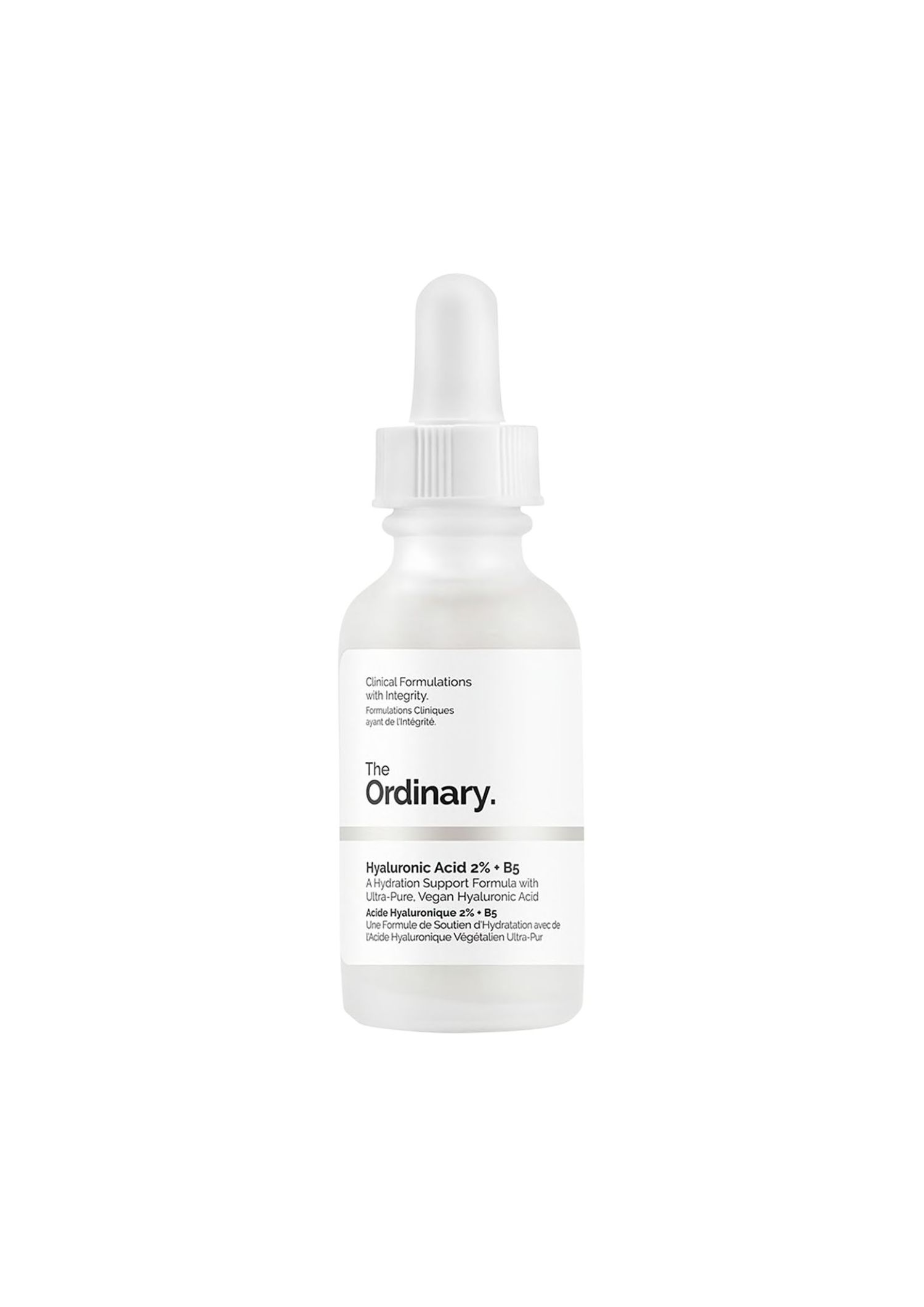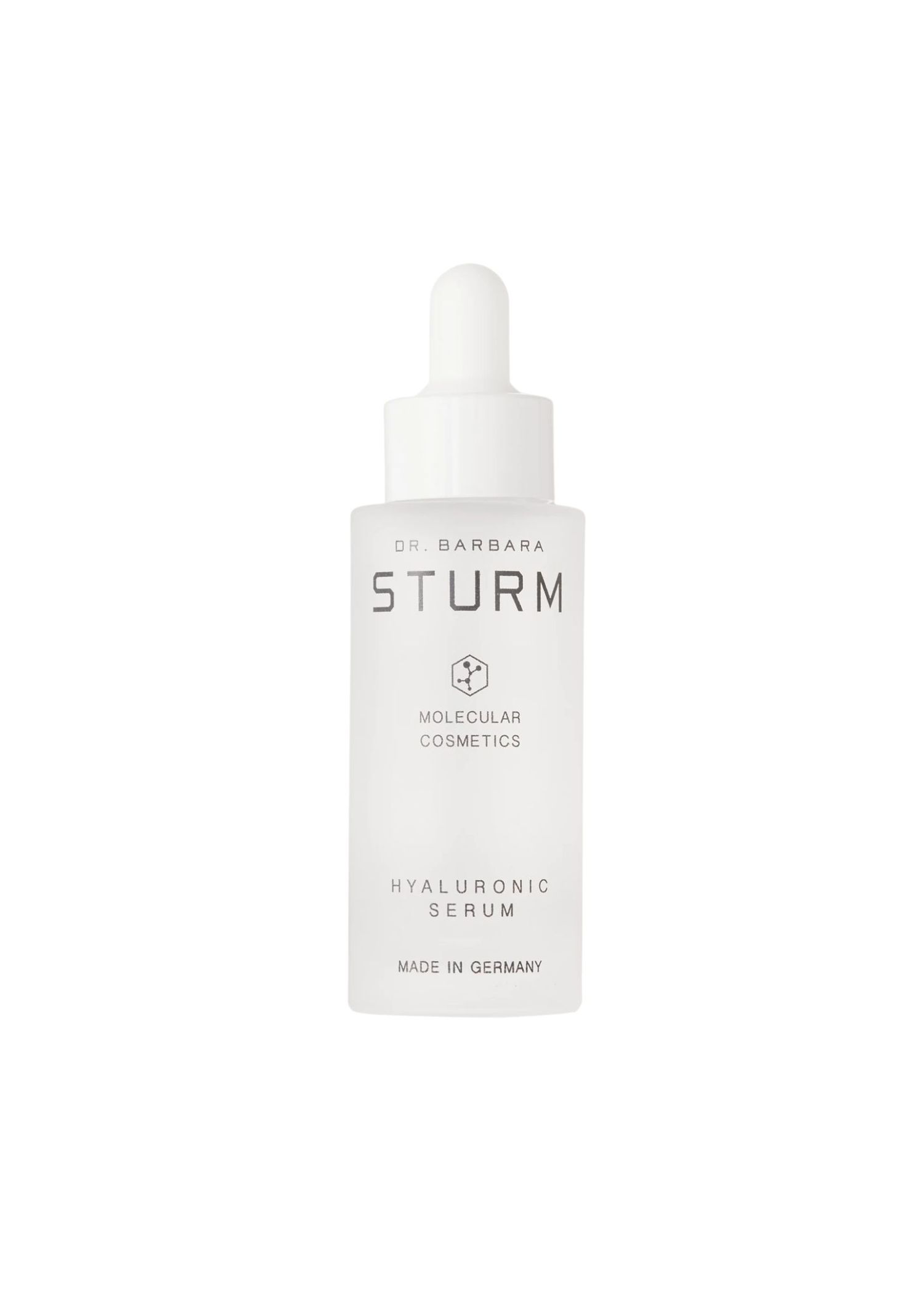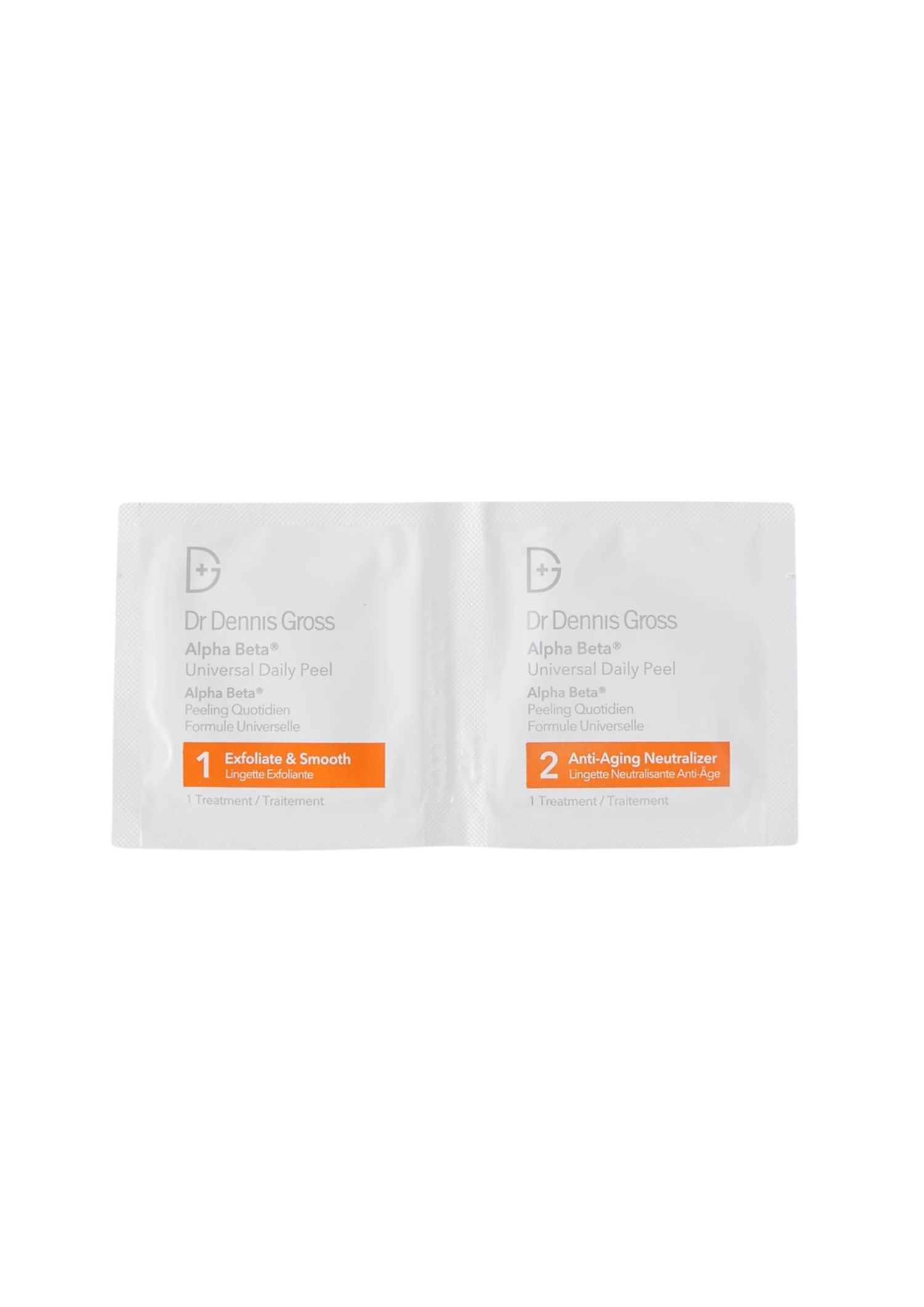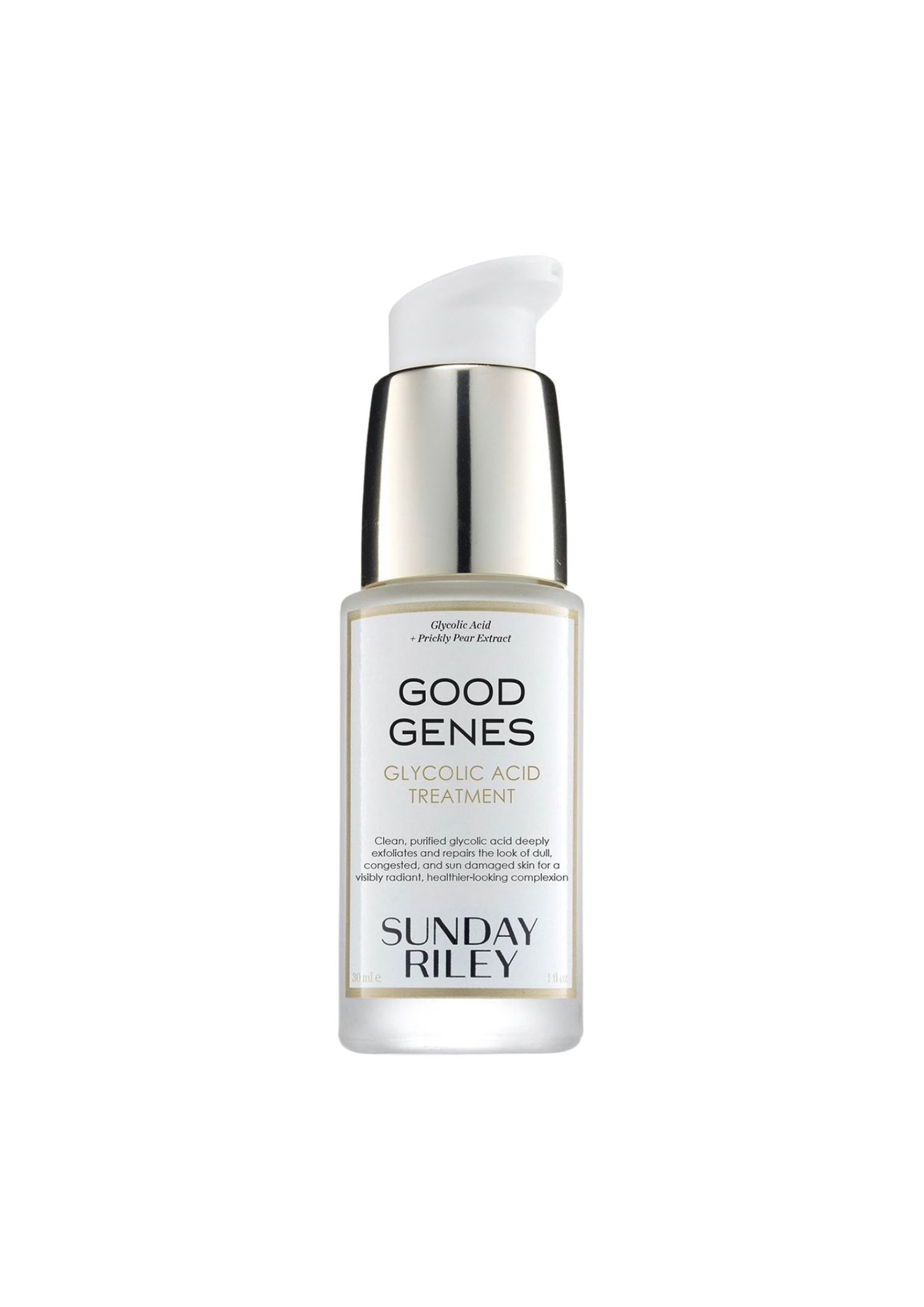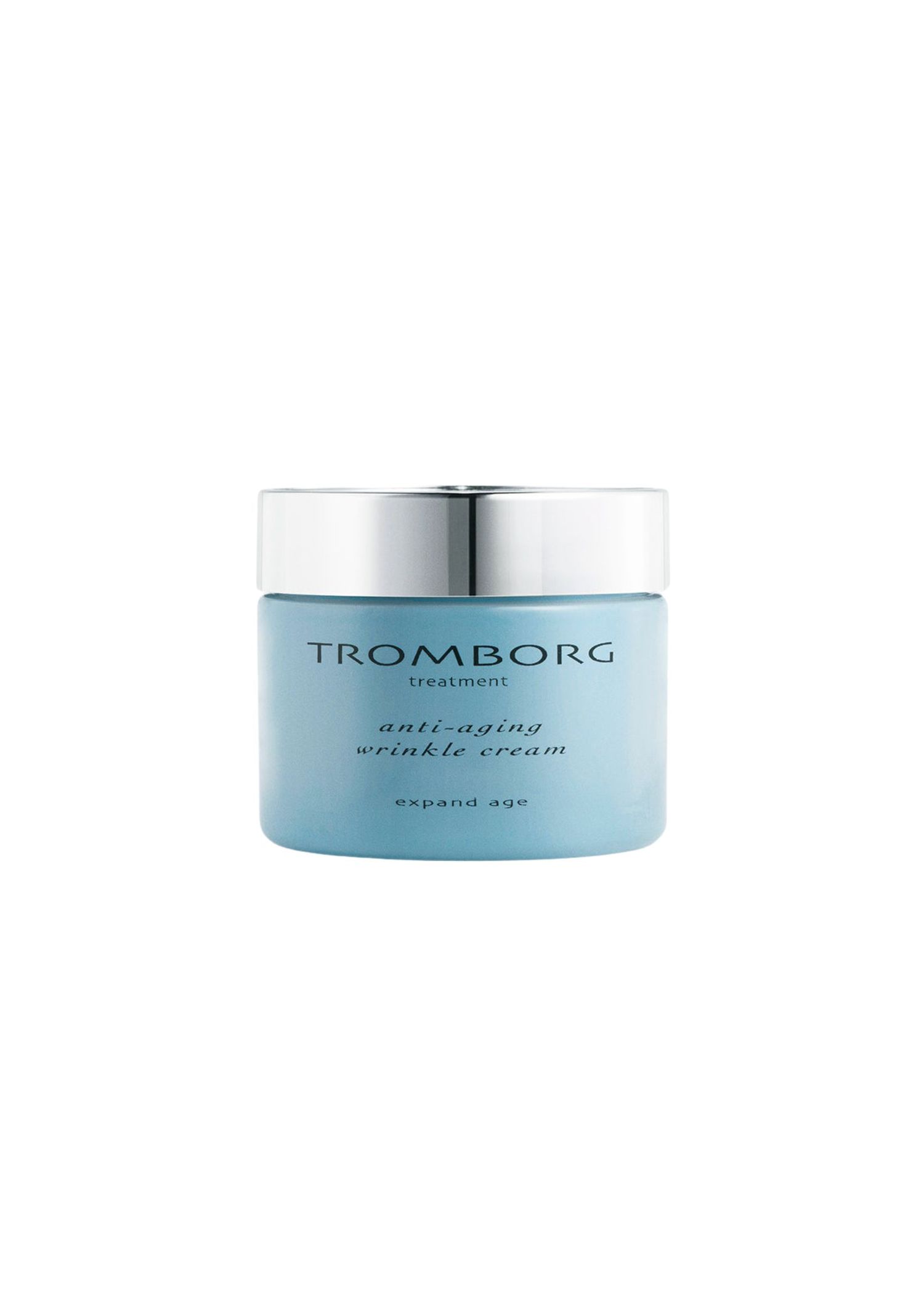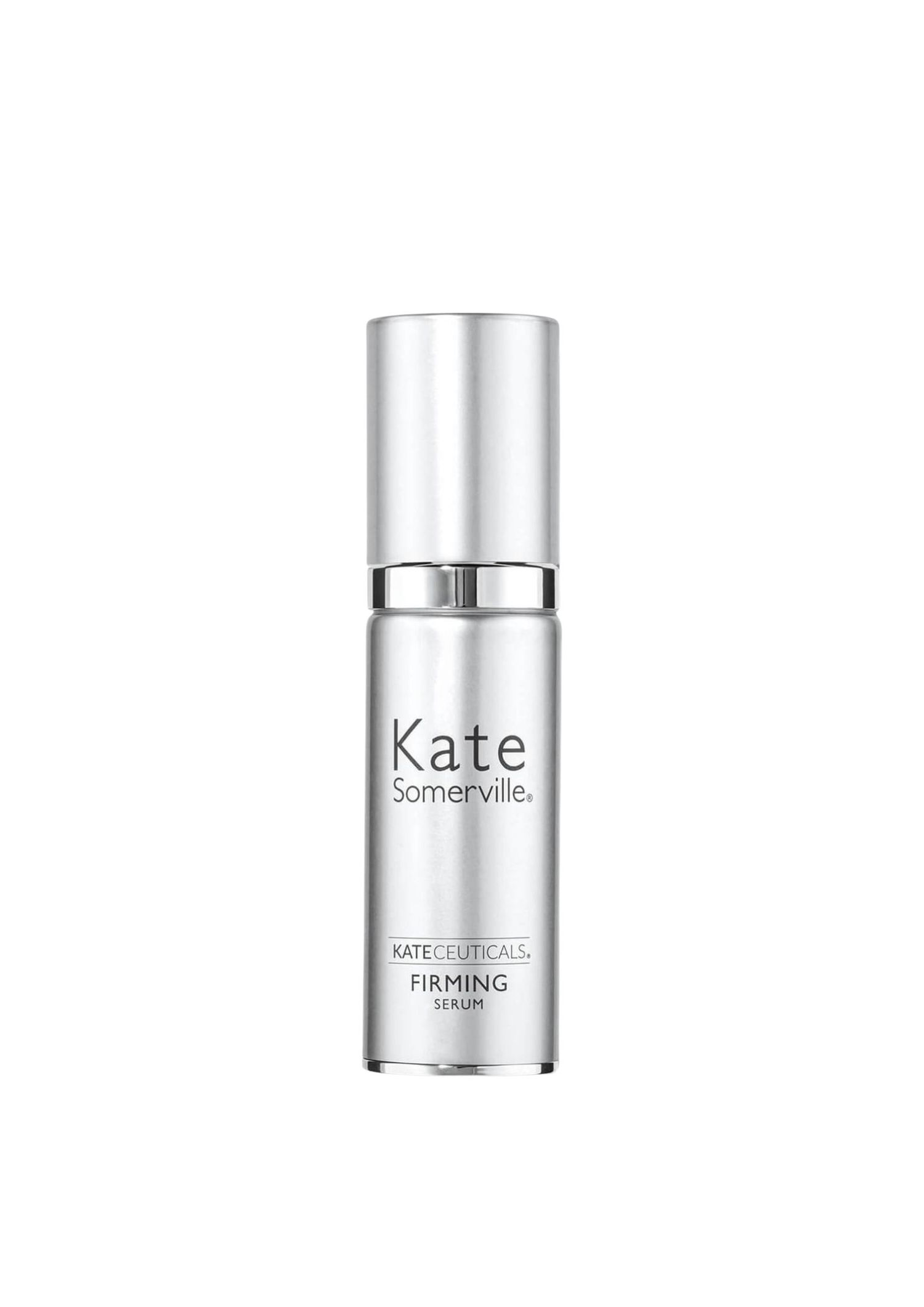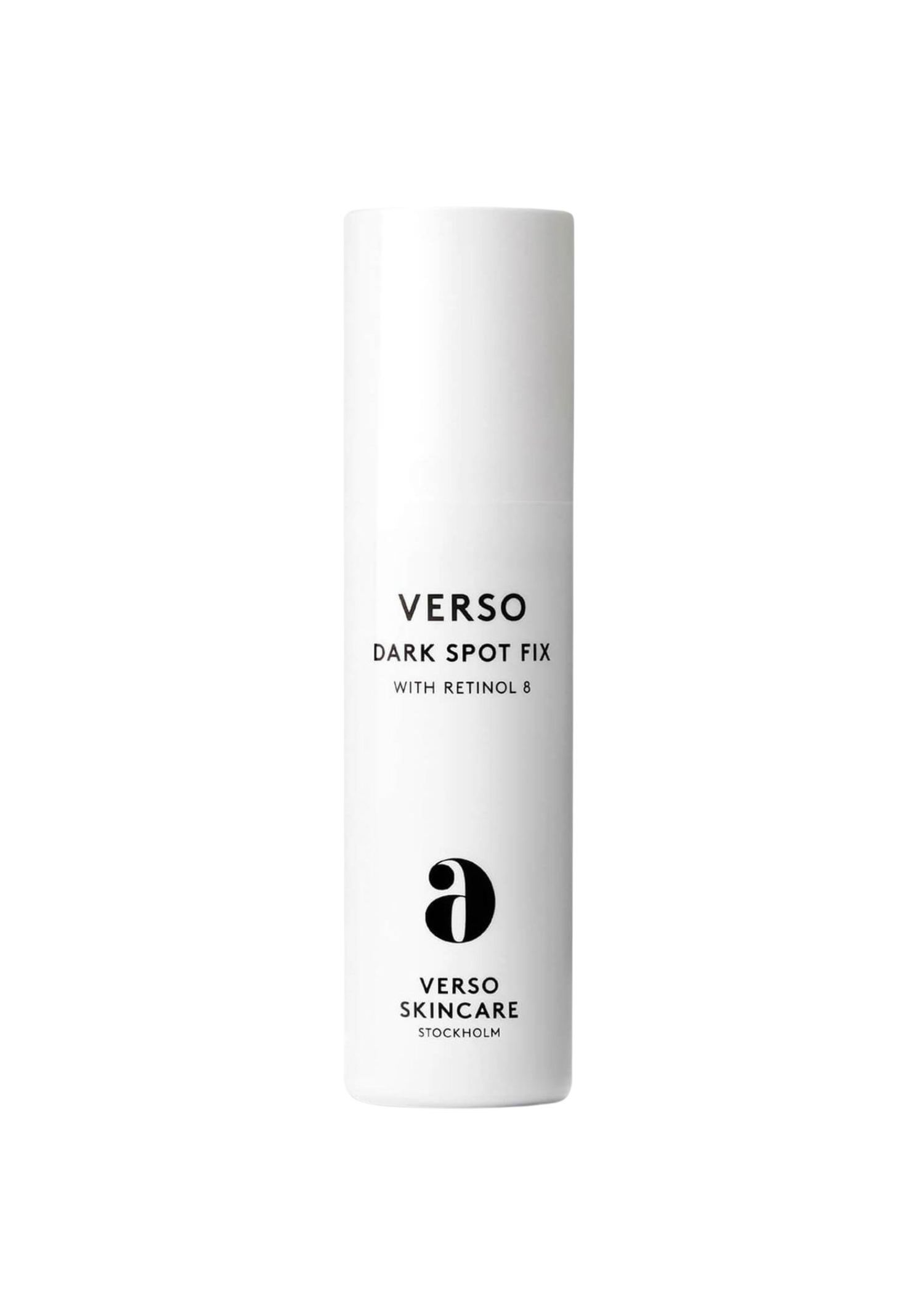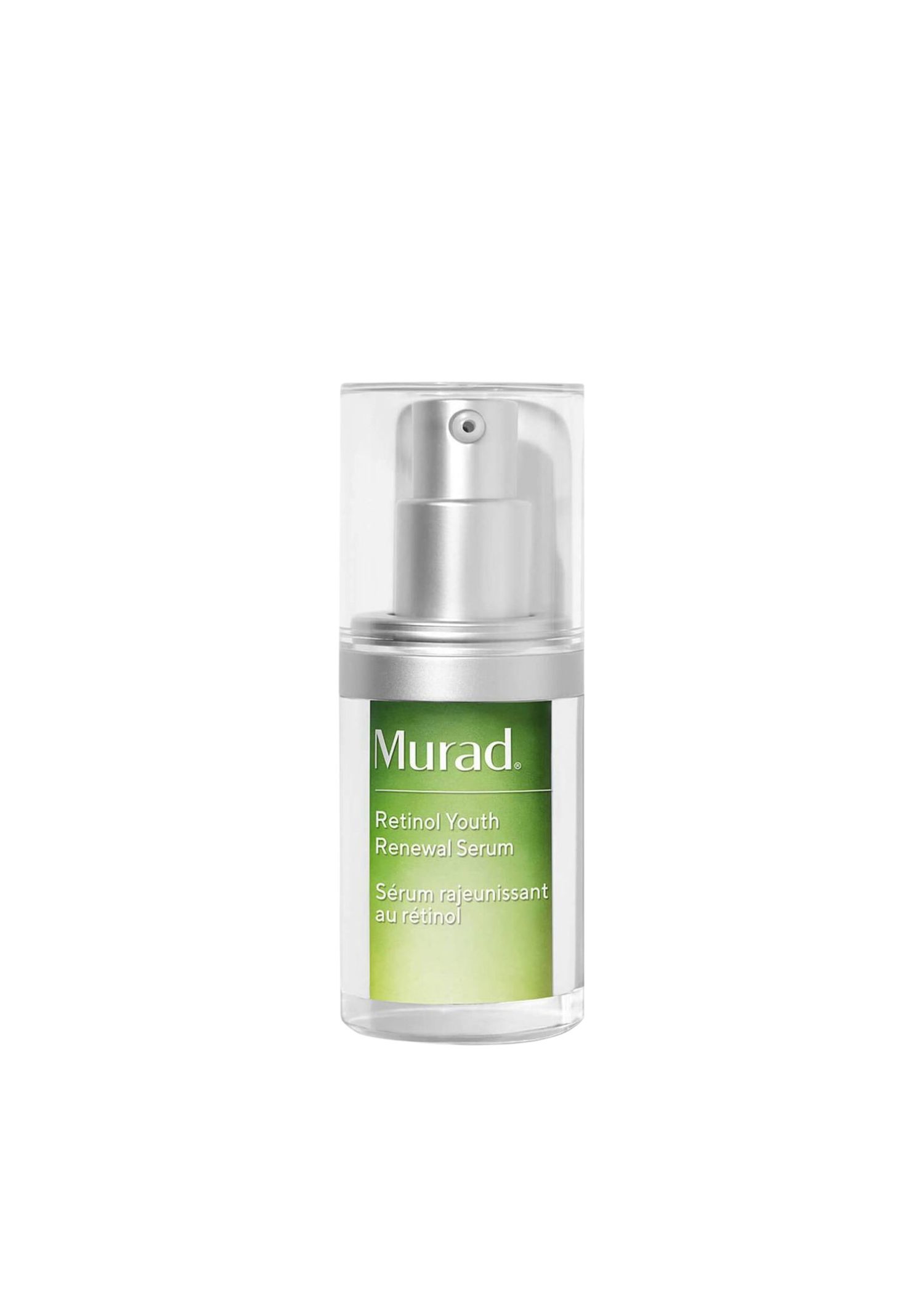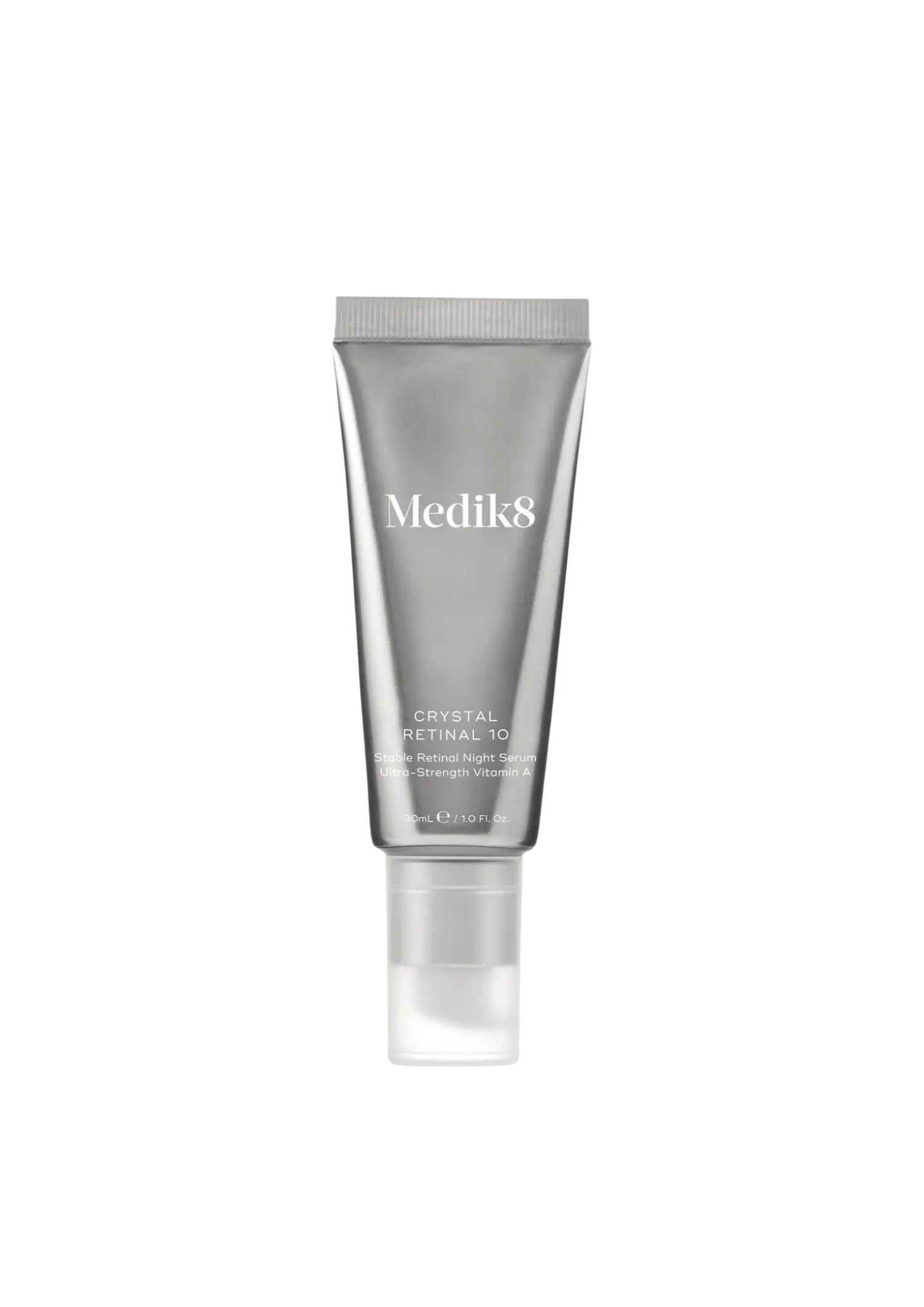You're not the same person you were in your 20s – and neither is your skin. For the most transformative results, tailor your skincare to your life stage, say the pros
All products featured on Vogue are independently selected by our editors. However, when you buy something through our retail links, we may earn an affiliate commission.
Skincare is rarely ever just skincare. It’s the key to targeting skin concerns such as acne, pigmentation, slackness and wrinkles. Then you have skincare actives therein that also protect against seasonal and environmental aggressors – and that's without accounting for the emotional role that our bathroom shelf plays in soothing away stress and boosting confidence.
While it's true that our skin has varying degrees of sebum and a microbiome teaming with bacteria unique to us, there are some universally accepted truths about what happens on a physiological level to your skin over the decades.
To our credit, we’re pretty clued up when it comes to skincare ingredients. Google and social media mean consumers today can easily become ‘skintellectuals’, knowledgeable about their skin and the ingredients that can have a positive or negative impact on both their face and the planet at the click of a mouse. So it’s hardly surprising that niacinamide, retinol and vitamin were the highest searched beauty terms in 2021.
But all of this will only make a real difference in practice if you’re using the right skincare to target the hormonal fluctuations that are characteristic of our different life stages.
Your 20s
Skin is very sensitive to hormones. In women, the predominant hormone is oestrogen and in your 20s, you'll start to experience both a surge in oestrogen and progesterone around your menstrual cycle. “This drives acne and increased oil production the week before your period,” says consultant dermatologist Dr Anjali Mahto, who recommends cleansing with a gentle foaming cleanser laced with salicylic or glycolic acid first and foremost.
Just because your skin is on the oilier side doesn't mean you should skip moisturiser. Skin can be both oily and dehydrated, explains Martin Lyne, founder of Woods Copenhagen. “The body’s sebum production goes into overdrive as pores send in even more oil to compensate for the dehydration,” he says. “That oil then leaves skin more congested but not hydrated. So a great rule of thumb is to swap out richer oil-based creams for gel moisturisers that are water based and won’t leave a heavy, sticky residue on the skin.”
Finally, it's estimated that about 23 per cent of our sun damage is accrued by the time we are 18. While skin in your 20s is still forgiving, the effects are cumulative and can show up as wrinkles and pigmentation in our 40s, so this is the decade to get into the habit of being diligent with your SPF application.
The best skincare in your 20s
Your 30s
As you ease into your 30s, you may start to notice the formation of fine lines and wrinkles, and your skin might not be as firm or luminous as it once was. This is largely the result of three key processes in your skin slowing down. "There's a steady reduction in collagen and elastin, the proteins that make skin bouncy and stretchy, and hyaluronic acid, which keeps skin plump and moist," says Dr Mahto, adding that cell turnover also slows down so skin doesn't renew itself as efficiently. As well as including a chemical exfoliant such as lactic or glycolic acid into your routine to slough off dead skin (note: do not use if pregnant), include a punchy hyaluronic acid serum to replenish moisture.
Women typically have a high surface pH, which may explain why we have a greater tendency for dry skin and sensitivity. But these issues can become magnified during pregnancy. When pregnant, the volume of blood can almost double in your body, so skin can take on a permanently flushed look, while a surge of hormones can mean it's also more reactive to what you apply over the top.
Pregnancy can also result in an uptick in pigment-stimulating hormones, which can lead to a form of hyperpigmentation known as melasma. It's crucial to wear an SPF50 daily, reapply often and seek shade during peak hours to minimise these large patches of discolouration. “Antioxidants are also crucial for protecting skin from future photo damage and further loss of collagen," says aesthetic doctor and skincare expert Dr Ana Mansouri. "I recommend a vitamin C serum at 10 to 15 per cent, such as SkinCeuticals C E Ferulic to help brighten the skin."
The best skincare in your 30s
Your 40s & 50s
Hormonal fluctuations peak at this time if you're in the perimenopause or in the throws of the menopause itself. “I typically see a lack of elasticity and an exacerbation of wrinkles in my patients, as well as a decline in cellular turnover, which can lead to dryness and thinning of the skin," says Dr Mansouri.
"Studies have shown that collagen levels can drop dramatically – in some cases, up to 30 per cent during the first five years of menopause, and a further two per cent on a yearly basis thereafter."
There’s also no match for retinol when it comes to replumping collagen. "At night target wrinkles and hyperpigmentation with a vitamin A product, starting gently at a strength of 0.25 per cent and slowly work your way up to higher concentrations," says Dr Mansouri. For those who struggle with retinoids look for serums laced with peptides, which act as messengers to the skin, triggering cells to produce fresh collagen reserves, minus the irritation often associated with vitamin A derivatives. It's also worth remembering that the first place you’ll see wrinkles is around the eyes, where skin is thinnest, so if you haven’t invested in an eye cream yet, now is the time.
Given that this is also the age when your sebum levels drop off a cliff, creams loaded with ceramides are your best ally for preventing moisture loss. Ceramides are essentially the glue that holds skin cells together and come to the aid of skin that is now without the lipids it needs to retain moisture and build a strong skin barrier. This will also help to stave off redness and sensitivity – both signs of a compromised skin barrier – at a time when hydration and an even skin tone bear more weight.
